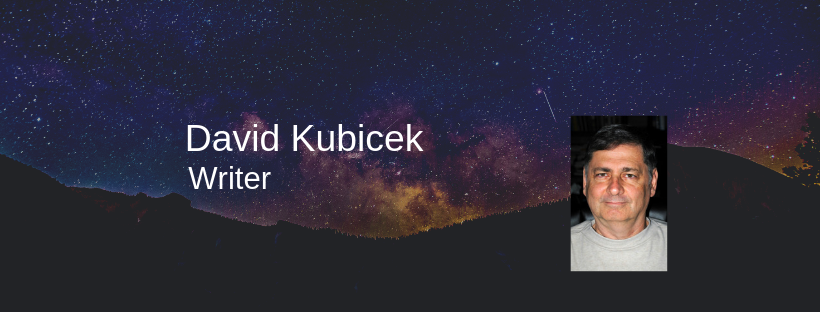by Erica Francis
Writing is one of those professions or hobbies that can mean different things to different people. But regardless of the type of writing we do, there’s always room to improve.
Create The Right Environment
Every writer has a type of environment in which they work best. For some, this could be a busy coffee shop, while others might thrive in solitude. Most of us, however, tend to write from our homes. Make sure that your home puts you in the right position to keep your mind clear. A few things you can do to push negativity out of the air are to clean and keep your writing area as uncluttered as possible.
Identify Your Goals
You’ve likely heard of the SMART goal strategy before in terms of professional aspirations. Turn this to your writing as well, whether you write for a living or just for fun. Know what you want to get out of your time. This will help you strategize a plan on what to say, how to say it, and when it needs to be said.
Use Writing Tools
Surgeons need scalpels, construction workers need drills, teachers need books, and artists need canvases. The point is that for every endeavor, there are tools that make them easier and more enjoyable. Writers have a host of free and paid tools, including those that help you tweak your grammar, keep your projects organized, and let you jot down inspiration and information to save for later.
Quit Typing, And Start Dictating
If you find that you think faster than you type, consider ditching the keyboard in lieu of a headset. According to Philips SpeechLive, dictation is up to seven times faster than typing, meaning you can get more out of your head and into a document. This will make you more productive and, even better, less stressed since you don’t have to worry about forgetting something that never made it from your brain to your fingertips.
Understand Your Audience
No matter what kind of writing you do, you have an audience. Get to know them, and you’ll be able to write in a way that allows your message to come through loud and clear. Keep in mind that you can’t be all things to all people. If you’re a marketing copywriter, for example, your job is to be upbeat, positive, and persuasive. When you pen fanfiction, you must be creative, descriptive, and able to invoke emotions.
Take A Course
Still feeling stuck and working on a memoir? Take a course that helps you identify the beginning and end of your story as well as what your memoir needs and what it doesn’t. You’ll also have no trouble finding plenty of free and paid courses online that can help you build your grammar skills, learn how to manage time, or get organized.
Stop Overthinking
Overthinking isn’t necessarily the worst thing in the world you can do… unless there’s too much in your head to put onto paper. US-based Cleveland Clinic explains that overthinking can leave you jumping from one thing to the next and envisioning all of the ways that you’re making the wrong decision. Go with your gut. The worst-case scenario is that you go back and edit when your mind is clear.
Every word you write matters. When you want to refine your skills and make yourself a better writer, start by clearing out your home/workspace, which will also help you clear your head. This, along with the other tips above, can help you be a better writer, no matter what you choose to write.
For information about David Kubicek’s books click here.


